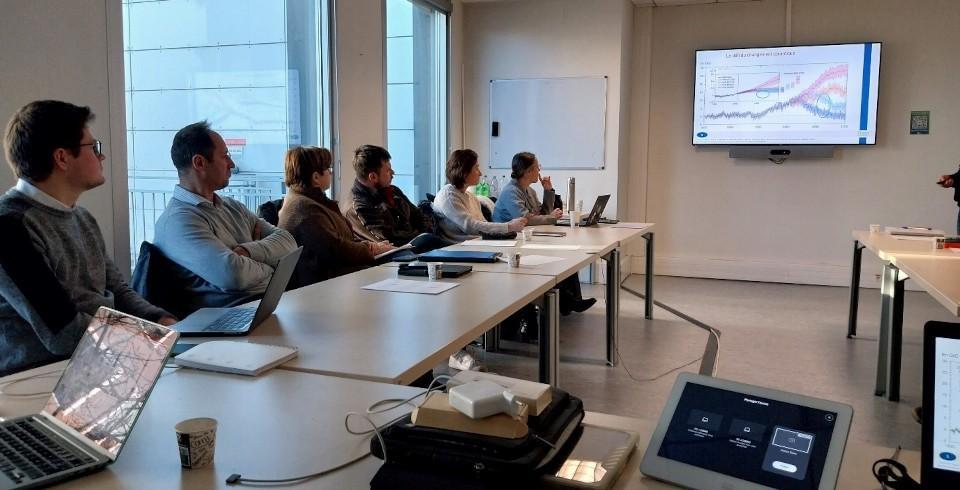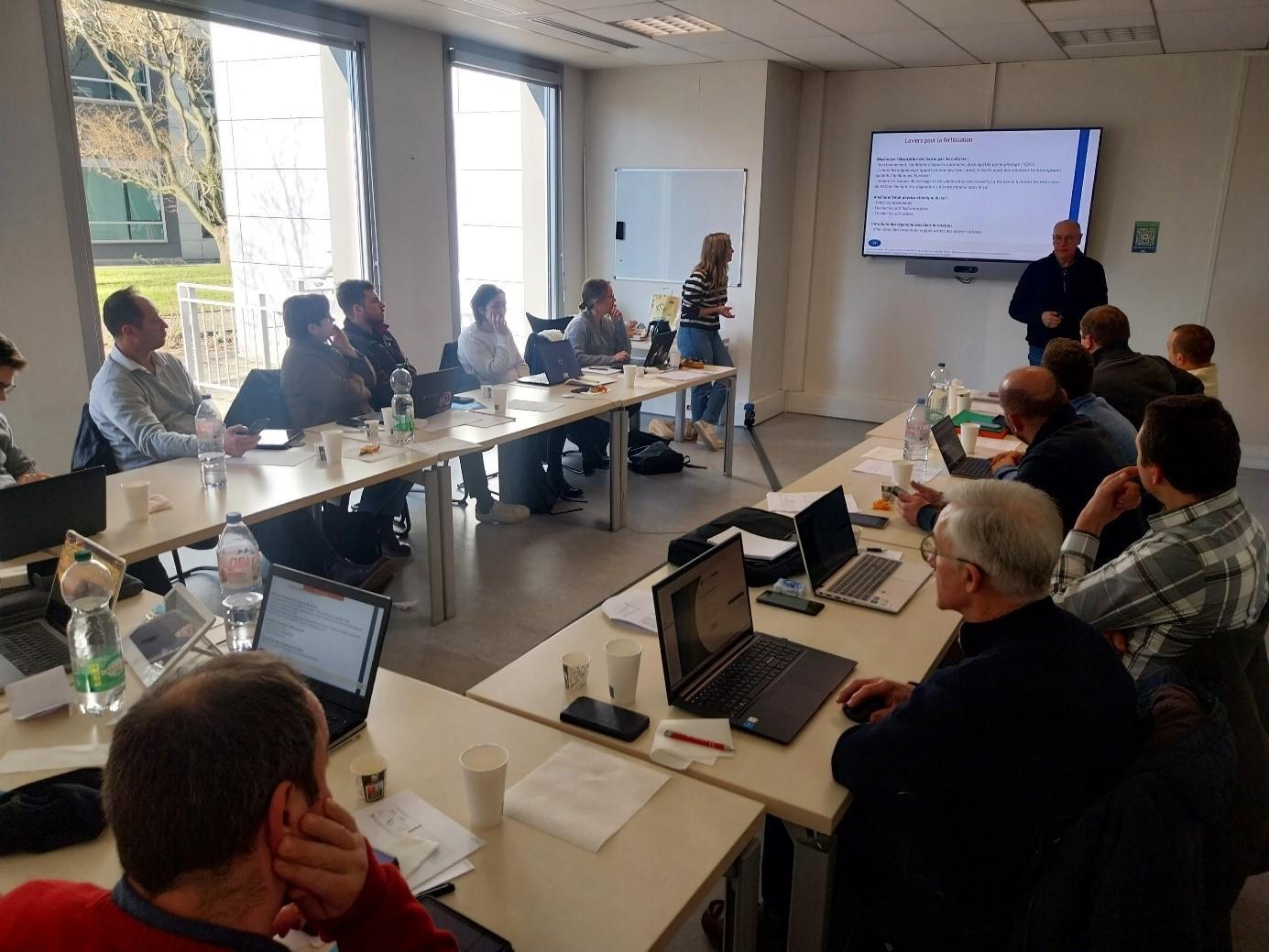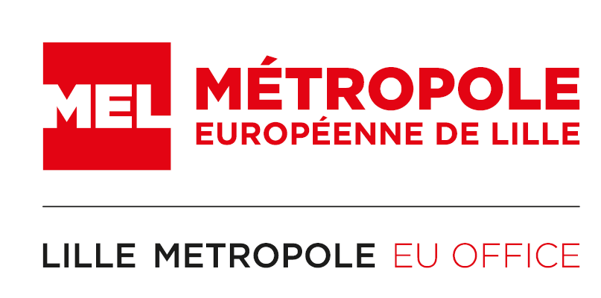
As part of its Plan Climat Air Énergie Territorial (PCAET – Climate, Air, and Energy Territorial Plan), Lille Metropole is committed to reducing its emissions and aims to achieve carbon neutrality by 2050. This environmental transition requires not only tackling the sources of emissions, but also enhancing the capacity of natural carbon sinks and developing carbon sequestration technologies.
Within the Lille Metropolitan territory, 43% of the land is agricultural, with nearly 50% dedicated to field crops, which represent a significant potential for carbon sequestration. To identify and develop carbon sinks, Lille Metropole has launched an experimentation in collaboration with the NGO Ecophyt’, the “Low Carbon Label” experimentation. This initiative, designed for field crops, supports them in conducting carbon assessments, drawing out and implementing ecological transitions measures, and accessing financial benefits.
A three-phase experimentation:
Phase 1: Awareness campaign and training
Through its local network, Lille Metropole and Ecophyt’ offer free conferences and webinars to farmers, providing insights into carbon emissions in agriculture and strategies for reduction. During this phase, a preliminary assessment of their exploitations is conducted to provide concrete insights and encourage farmers to undergo a full carbon diagnosis with Ecophyt’.
Phase 2: Carbon diagnosis
Participation in the program is voluntary. Farmers who choose to take part receive a comprehensive carbon diagnosis carried out by Ecophyt’. During a half-day farm visit, Ecophyt’ assesses emissions, identifies potential carbon reduction measures, and outlines a transition plan.
For Lille Metropole, these diagnoses are a valuable source of information. The data collected enables to gain a better understanding of the dynamics of carbon storage and removal in the agricultural soils of its territory.
Phase 3: Certification and financial valorisation
The farmers willing to implement the proposed ecological transition measures receive a logistical support from Lille Metropole, Ecophyt’ and Sysfarm to obtain the “Low Carbon Label”. The certification enables them to quantify the carbon emissions reduced or captured, converting them into carbon credits. These credits can then be sold to companies, generating additional revenue to finance the ecological transition of their farms.


First results and future perspectives
This experiment is part of the “4 for 1000 initiative” launched by France at COP21 in 2015. This initiative brings together public and private-sector volunteers to take concrete action on soil carbon storage and to outline the practices needed to achieve it. Since its launch in January 2024, the “Low Carbon Label” experimentation has already raised awareness among over 30 metropolitan farmers, conducted carbon diagnostic for 5 field crop farms and certified 2 of them.
One of the first certified farms, located in a sector that recharges the groundwater used to supply drinking water (to more than 1 million of the city's inhabitants), successfully generated 340 carbon credits over a five-year period, improving its carbon impact by 27%. Looking ahead, Lille Metropole aims to establish a fully integrated local carbon contribution ecosystem: metropolitan farmers will generate carbon credits, which will be purchased by local companies, thus directly financing the ecological transition of agricultural practices and improving the Lille Metropole carbon absorption.
To learn more about the local carbon contribution initiatives led by Lille Metropole you can visit our website.

